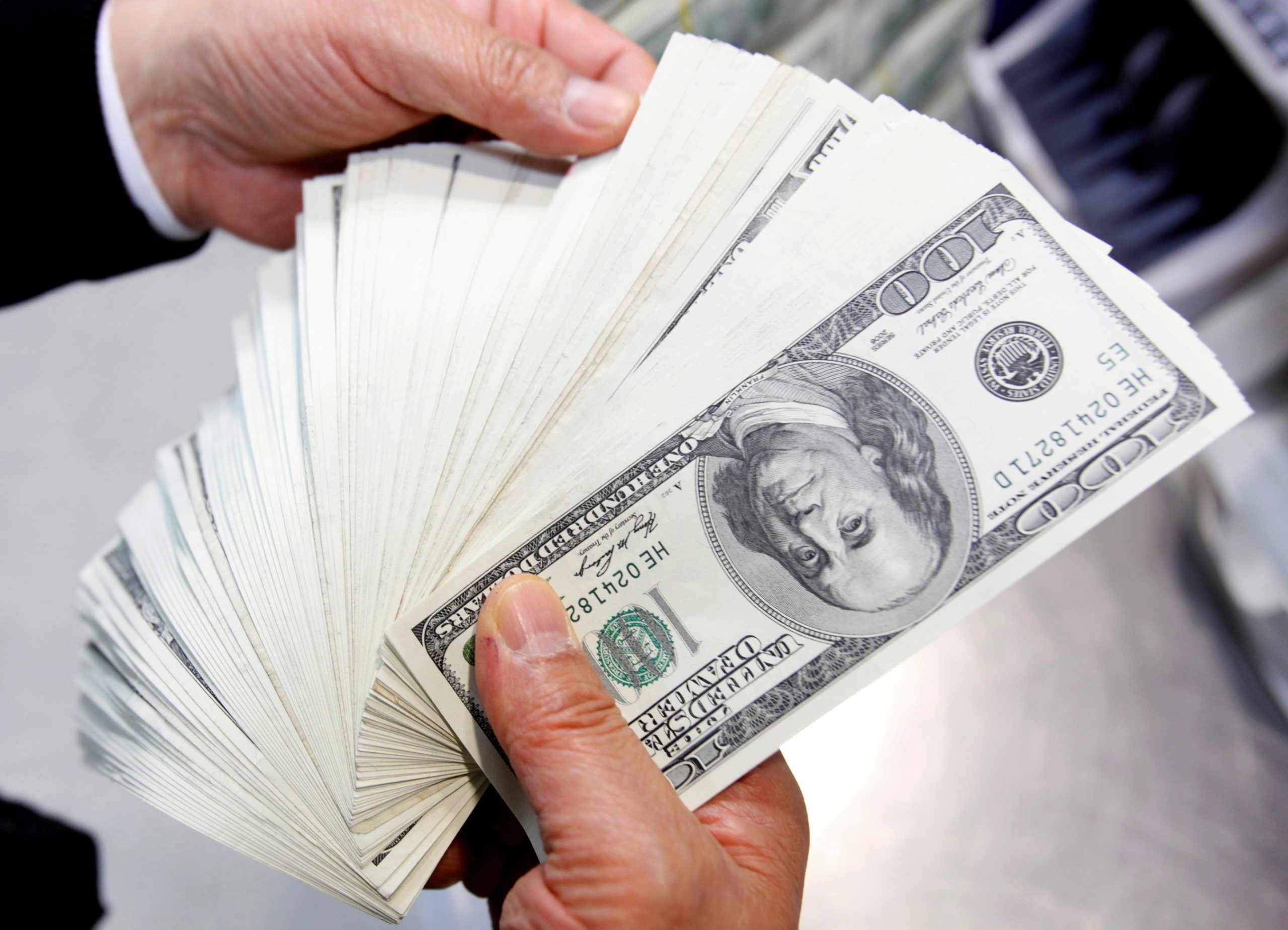The dollar leapt against its more risk-sensitive Australian and New Zealand counterparts on Friday, ahead of key U.S. jobs data that could clear the path to earlier Federal Reserve interest rate hikes, even as Omicron uncertainties cloud the outlook.
Fed officials speaking on Thursday joined Chair Jerome Powell in striking hawkish stances, with San Francisco Fed President Mary Daly saying it may be time to “start crafting a plan” to raise rates to combat inflation, and Richmond Fed President Thomas Barkin throwing his support behind “normalising policy.”
Meanwhile, the continued spread of the Omicron COVID-19 variant globally buoyed havens like the dollar and yen and pressured riskier currencies. Omicron has quickly established itself as the dominant strain in South Africa, where it was first discovered last month, and has now been found in five U.S. states including Hawaii.
“G10 FX is very much risk-off” on “renewed jitters about the Omicron cases popping up in very distant parts of the U.S., and how we might have only seen the first phase of policy restrictions in response,” said Sean Callow, a currency strategist at Westpac in Sydney.
The dollar index, which measures the greenback against six major peers, gained 0.09% to 96.173, setting it up for a 0.11% advance for the week. That would be a sixth weekly gain, the longest stretch since January 2015.
“If you strip out the noise in the market at the moment, which is driven very much by uncertainties around Omicron, the dollar is in a fairly bullish cycle,” said Kyle Rodda, a market analyst at IG in Melbourne.
“That’s on the basis that clearly U.S. economic outperformance, especially within the developed world, is fairly entrenched for the time being, and we’re really pricing in that the Fed is going to increase the pace of the tapering programme in December and set up rate hikes well before the middle of next year.”
Money markets see high odds that the Fed will raise the target rate by a quarter point at its June meeting.
Powell reiterated in testimony to Congress on Wednesday that he and fellow policymakers will consider swifter action at their Dec. 14-15 meeting.
Economists in a Reuters poll estimate the United States created 530,000 new jobs last month, continuing a run of strong data.
The dollar was flat at 113.21 yen.
The euro was little changed at $1.12975, consolidating after its drop to an almost 17-month low at $1.1186 last week.
The Aussie dropped 0.26% to $0.7076, a fourth losing session, and earlier touched a 13-month low of $0.70625.
“We continue to expect near‑term AUD moves will be driven by Omicron and the risk remains a dip below $0.7000,” Commonwealth Bank of Australia strategist Joseph Capurso wrote in a report.
Both the European Central Bank and Reserve Bank of Australia, which decides policy on Tuesday, have stuck to dovish stances, pushing back against market bets that policymakers will be forced to bow to inflationary pressures.
New Zealand’s kiwi dollar fell 0.33% to $0.6795.
(Reporting by Kevin Buckland; Editing by Shri Navaratnam and Sam Holmes)
Related


































